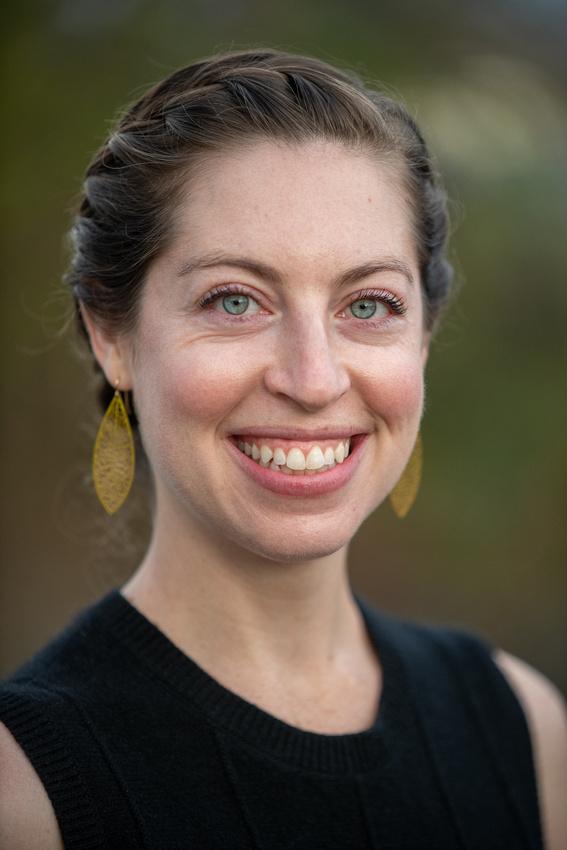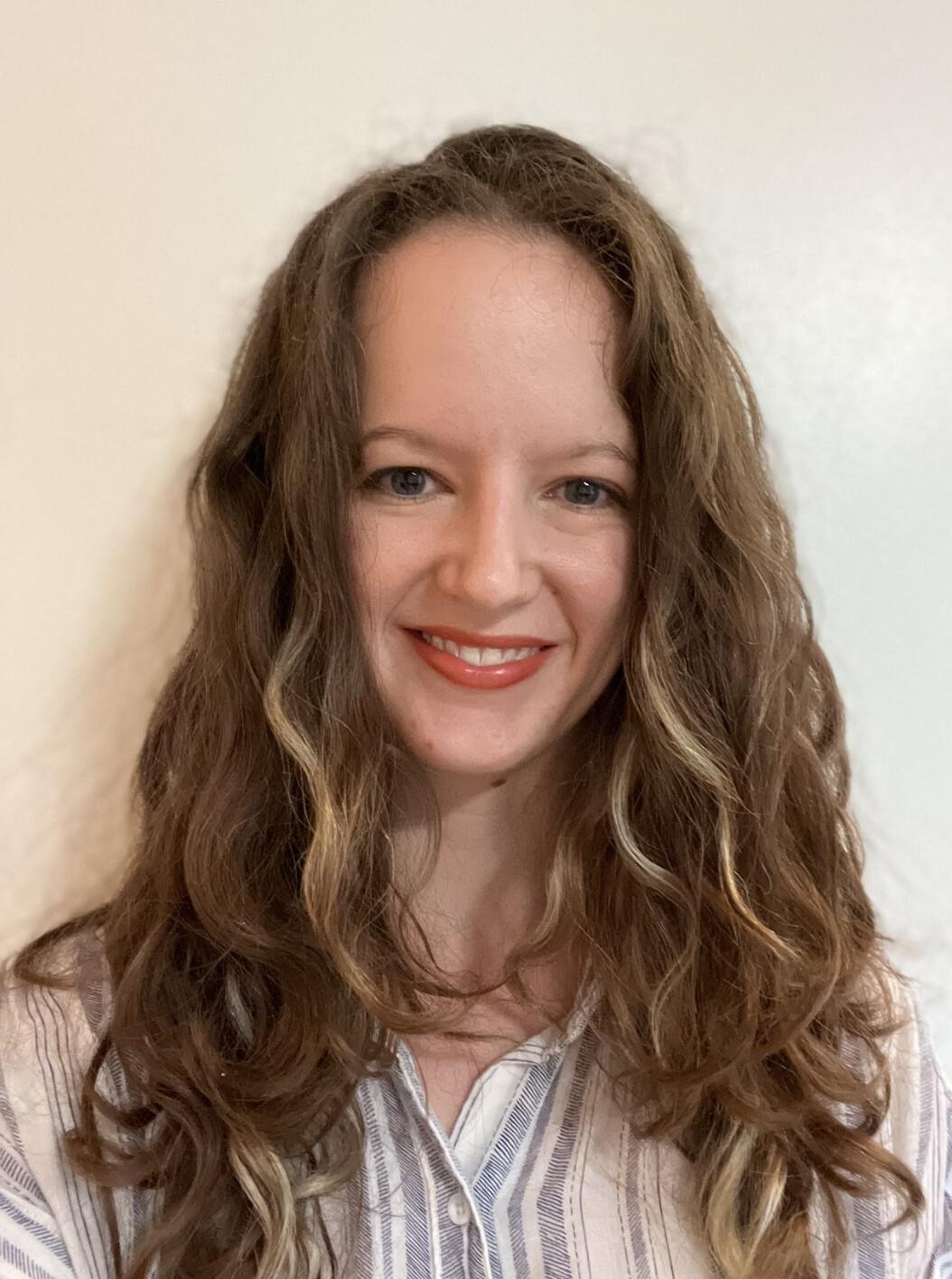UMD winners of ESA’s 2023 Katherine S. McCarter Graduate Student Policy Award will receive real-world science policy experience.
Two graduate students from the University of Maryland’s Department of Environmental Science and Technology are headed to Capitol Hill in April to learn about science policy and meet with congressional policymakers.
As recipients of the Ecological Society of America’s (ESA) 2023 Katherine S. McCarter Graduate Student Policy Award, PhD candidate Sarah Rothman and Master’s degree student Aubrey Tingler will receive communications training and learn about the federal budget and appropriations process at ESA, then meet with congressional decision-makers to discuss federal support of research and education in the biological sciences.

“This will be a great opportunity to learn more about the funding processes that make my research possible,” Rothman said. “I hope to join the public sector after graduating, so I’m looking forward to meeting both federal scientists and policy-makers with experience leveraging research results for real-world change.”
Rothman’s research explores how socio-economics influence local ecology and the risks of mosquito-borne illnesses. Her surveys in Washington, DC and Baltimore City suggest that the risks of contracting diseases like West Nile Virus are higher on low-income blocks because of a greater abundance of non-native plant species which support more robust mosquito populations.
The results of Rothman’s work may one day lead to risk reduction through managing plant species in areas with more lower-income residents, abandoned buildings and empty lots. And that’s exactly the kind of impact Rothman hopes to achieve after earning her Ph.D. and joining the public sector to help guide policy with solid ecological research.
Rothman earned her B.A. in Environmental Science at Franklin & Marshall College and interned with the National Park Service, where she monitored native and nonnative forest understory regeneration in Valley Forge National Historical Park. After a brief stint as an elementary school science teacher, Sarah earned her M.S. from Penn State’s Intercollege Graduate Degree Program in Ecology, where her thesis focused on native wildflower meadow restoration on surface mines dominated by nonnative grasses.

“In my research, I’ve gained experience studying the impact of human activity on the environment, and the efficacy of various programs,” Tingler said, “And with this award, I’m looking forward to learning how science is translated into action, where the money comes from, and how policy decisions are made that make change happen.”
For her master’s thesis, Tingler has been investigating factors that contribute to effective deployment and maintenance of community-led mosquito control programs using passive mosquito traps. She found that, among a number of contributing factors, residents at the higher and lower end of the income spectrum are more likely to continue to deploy and maintain mosquito traps over time than those in the middle, as are residents who know the name of the most common pest mosquito in their neighborhood.
Encouragingly, her work showed that despite a lower number of traps being set five years into such a program, there is still a measurable reduction in mosquitos, suggesting there is a benefit to starting a program, even if high levels of participation are not achieved.
Tingler is interested in building a career around the application of science to critical policy questions, especially in the sphere of climate resilience, mitigation and adaptation in urban environments.
She holds an undergraduate degree in environmental sciences from Emory University and has worked as an environmental educator, researcher and science communicator. She currently works as a Maryland Sea Grant State Science and Policy Fellow at the Maryland Department of the Environment.
Both Rothman and Tingler study under the mentorship of Professor Paul Leisnham.